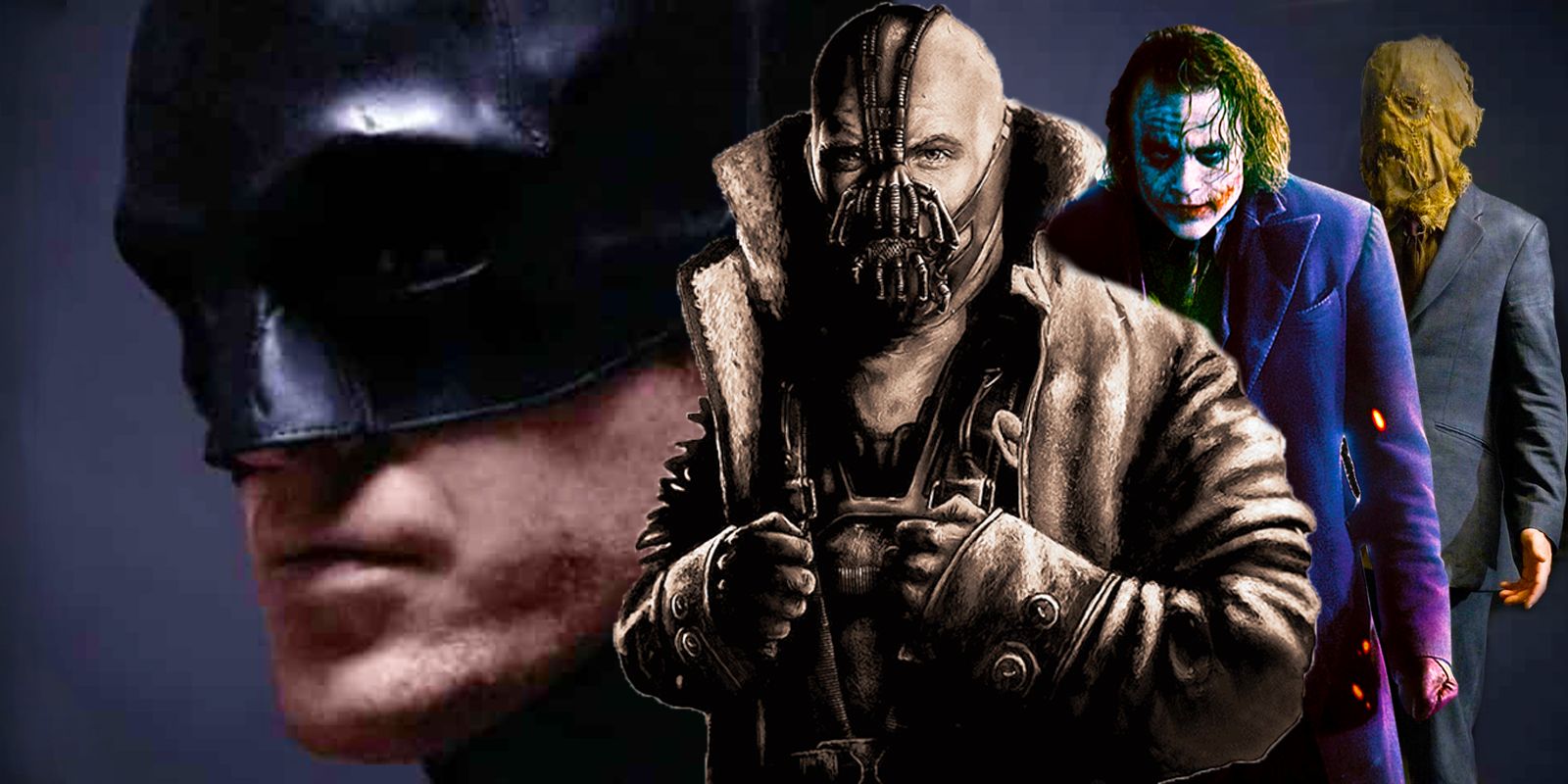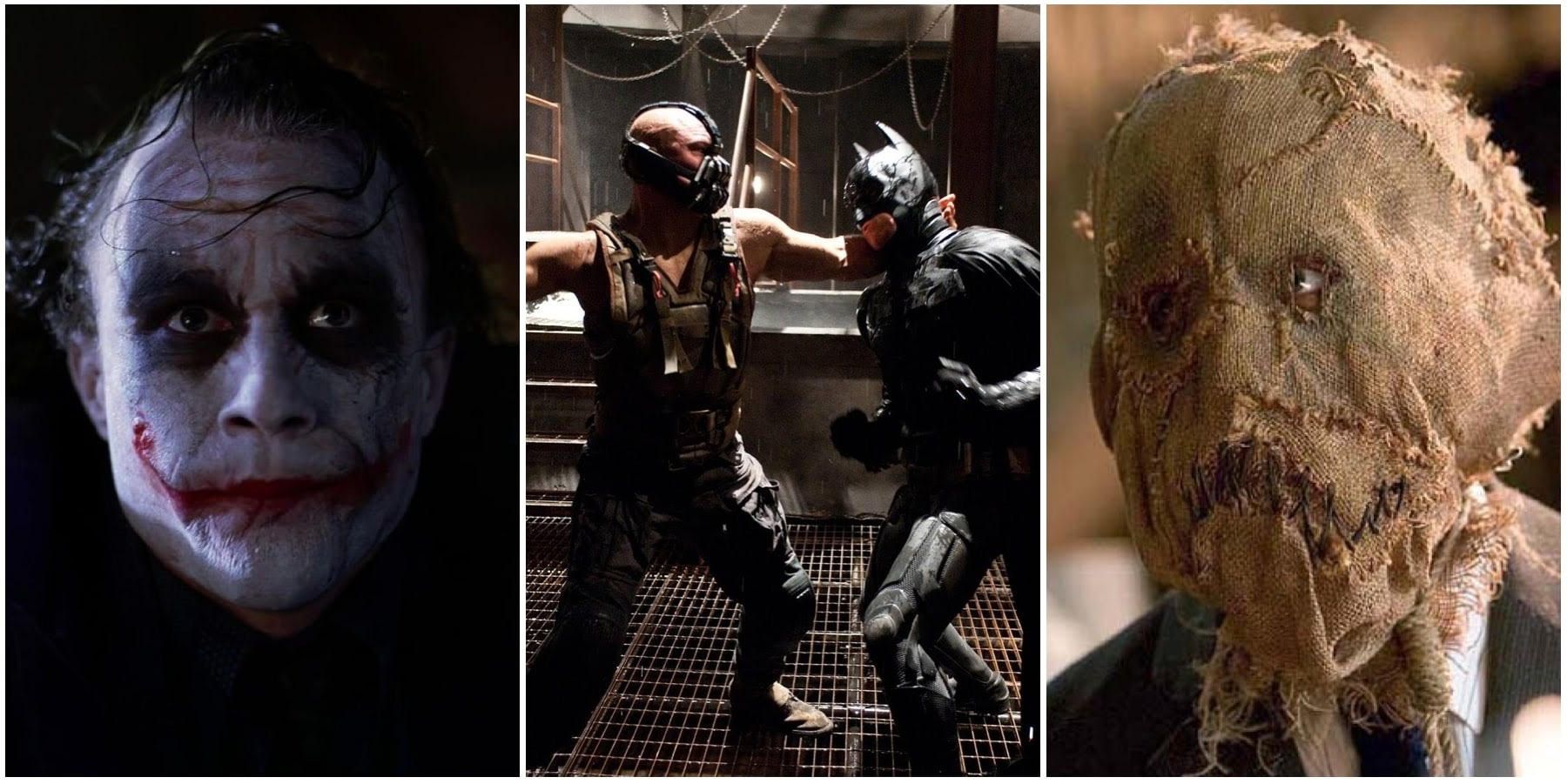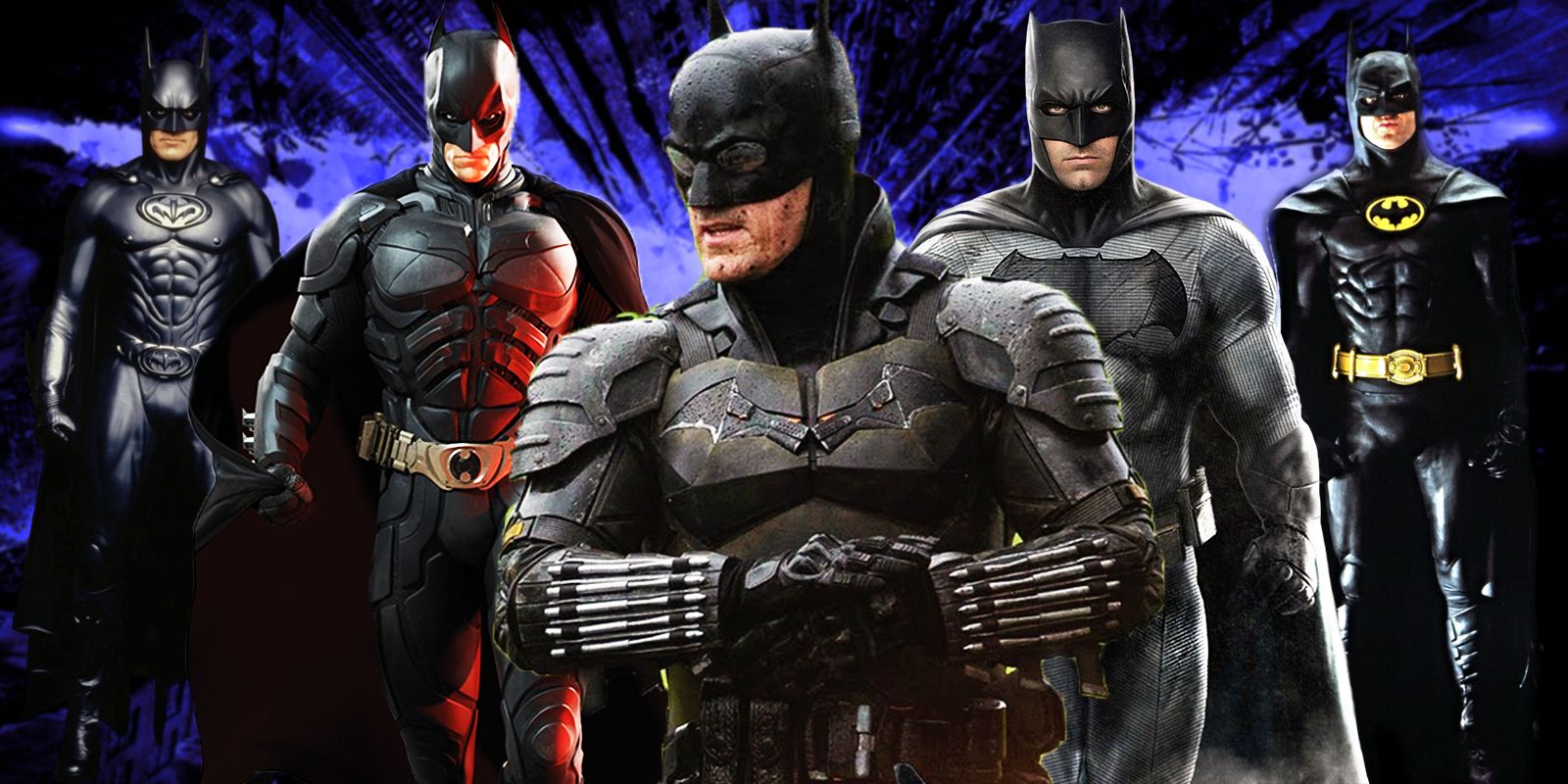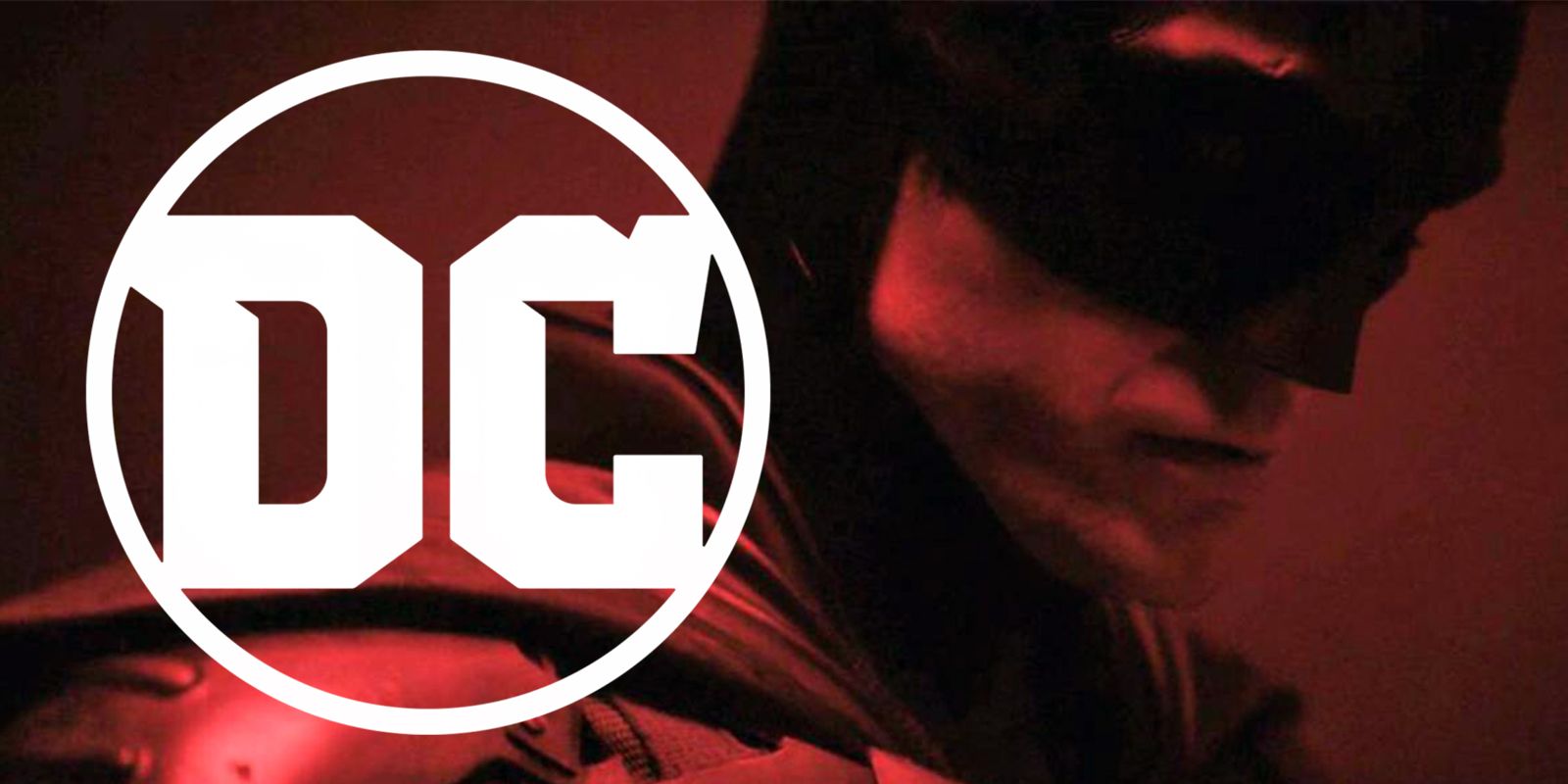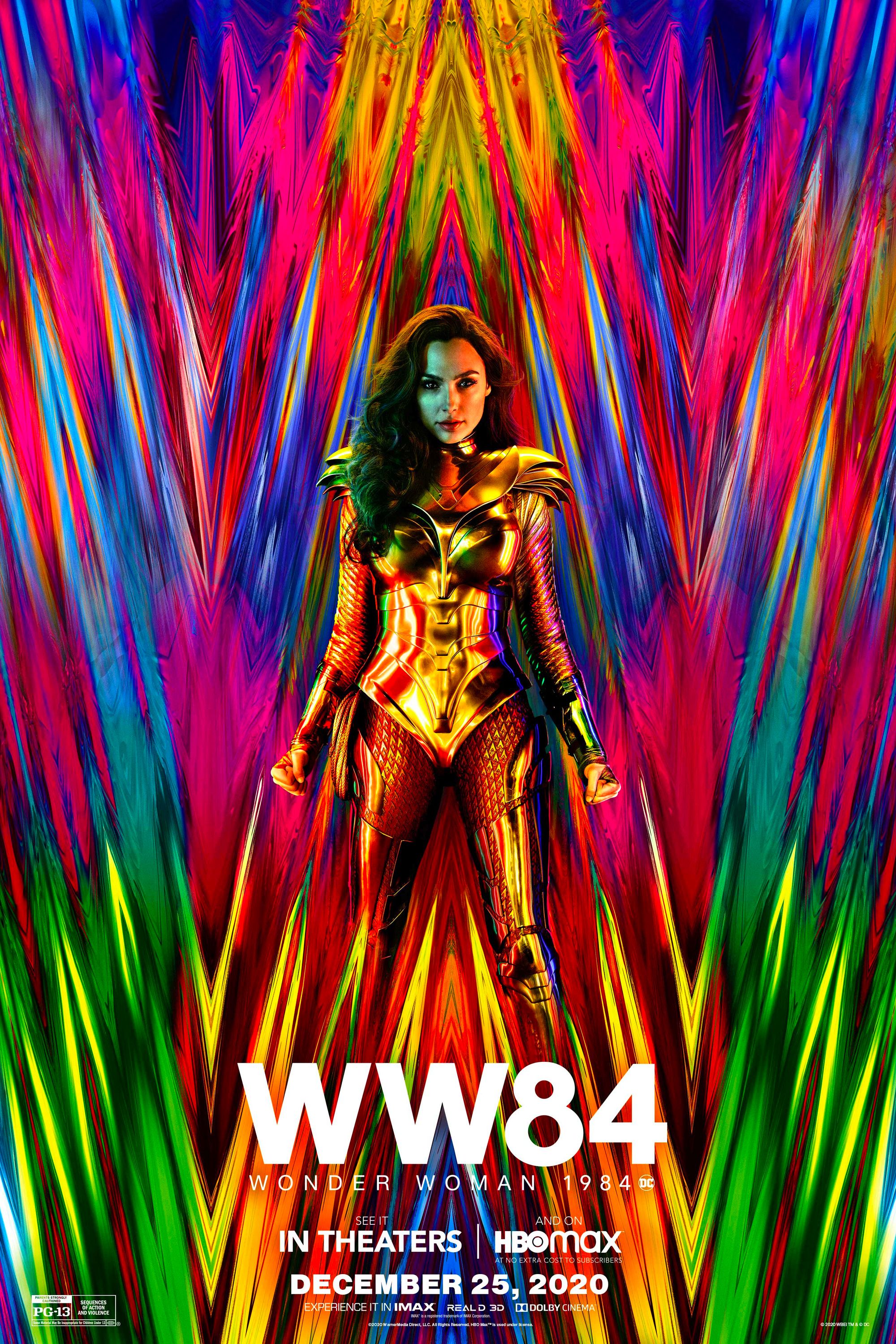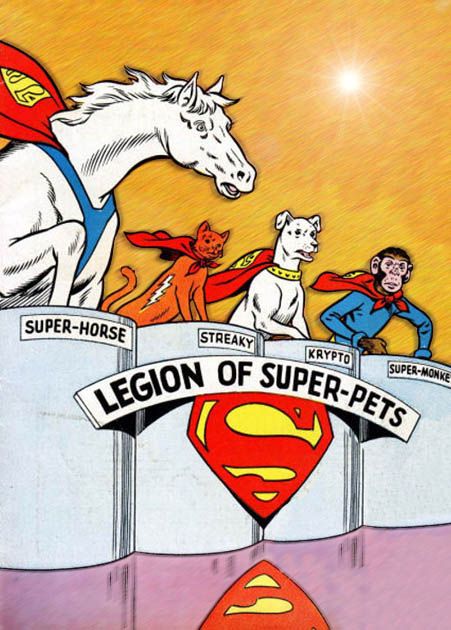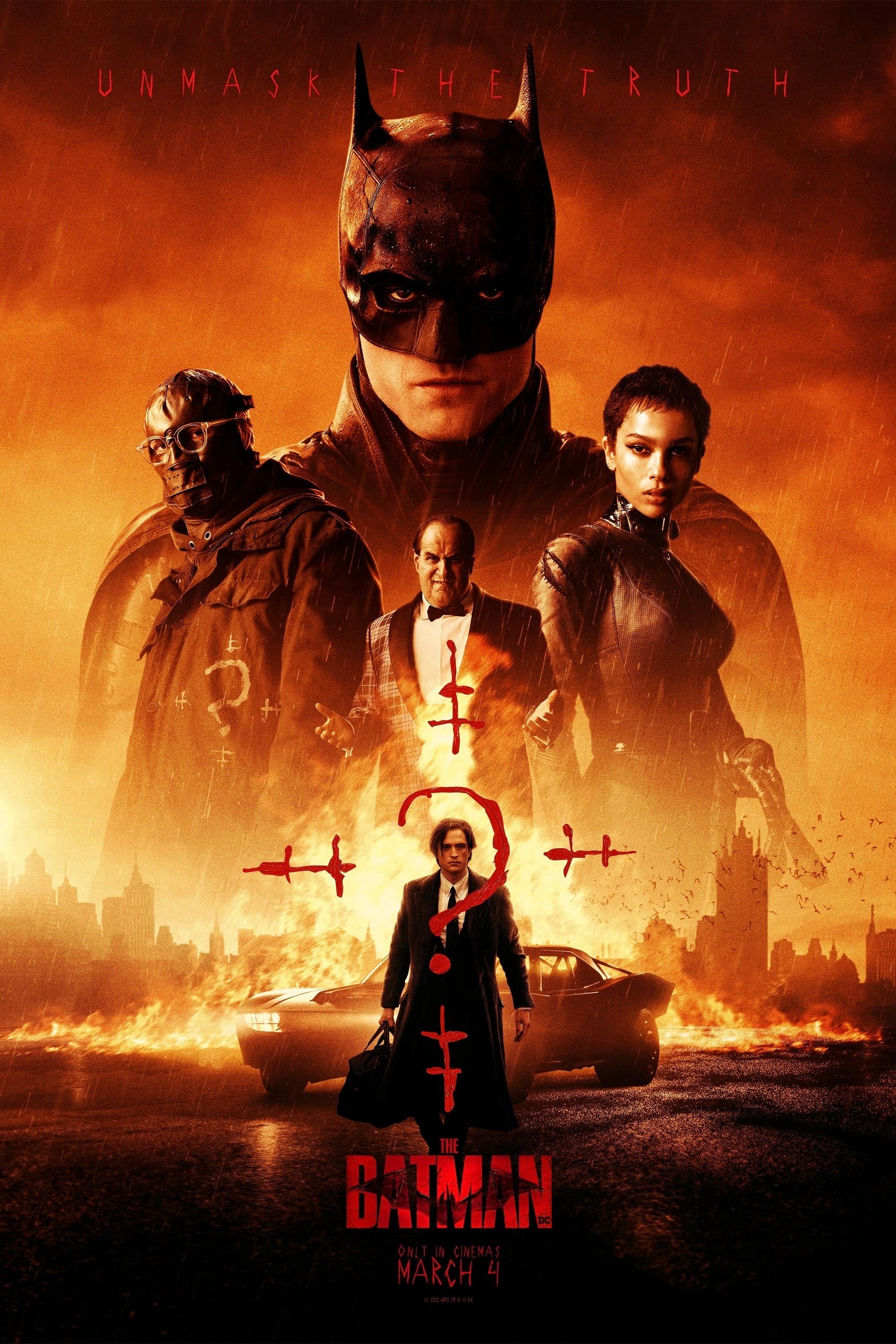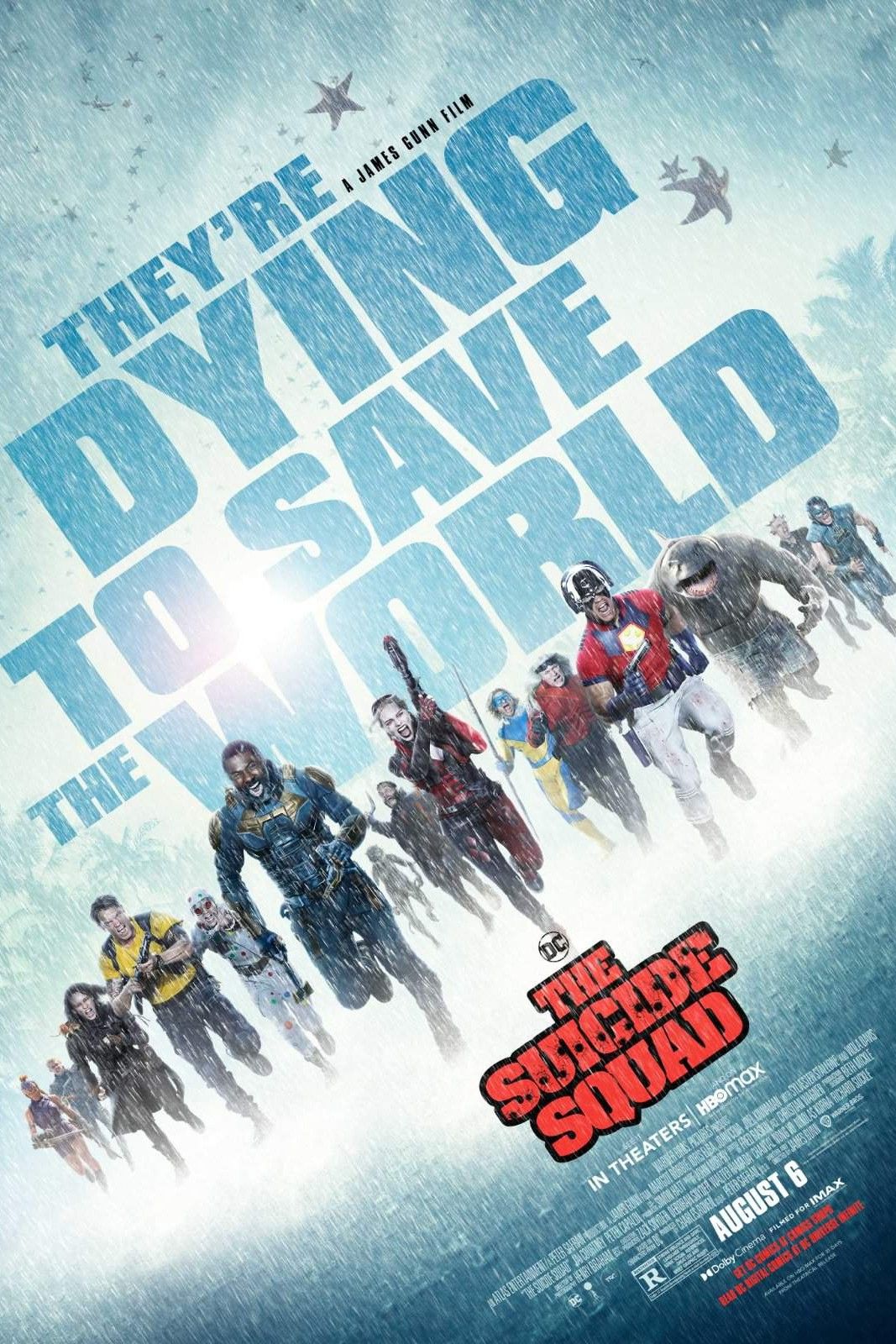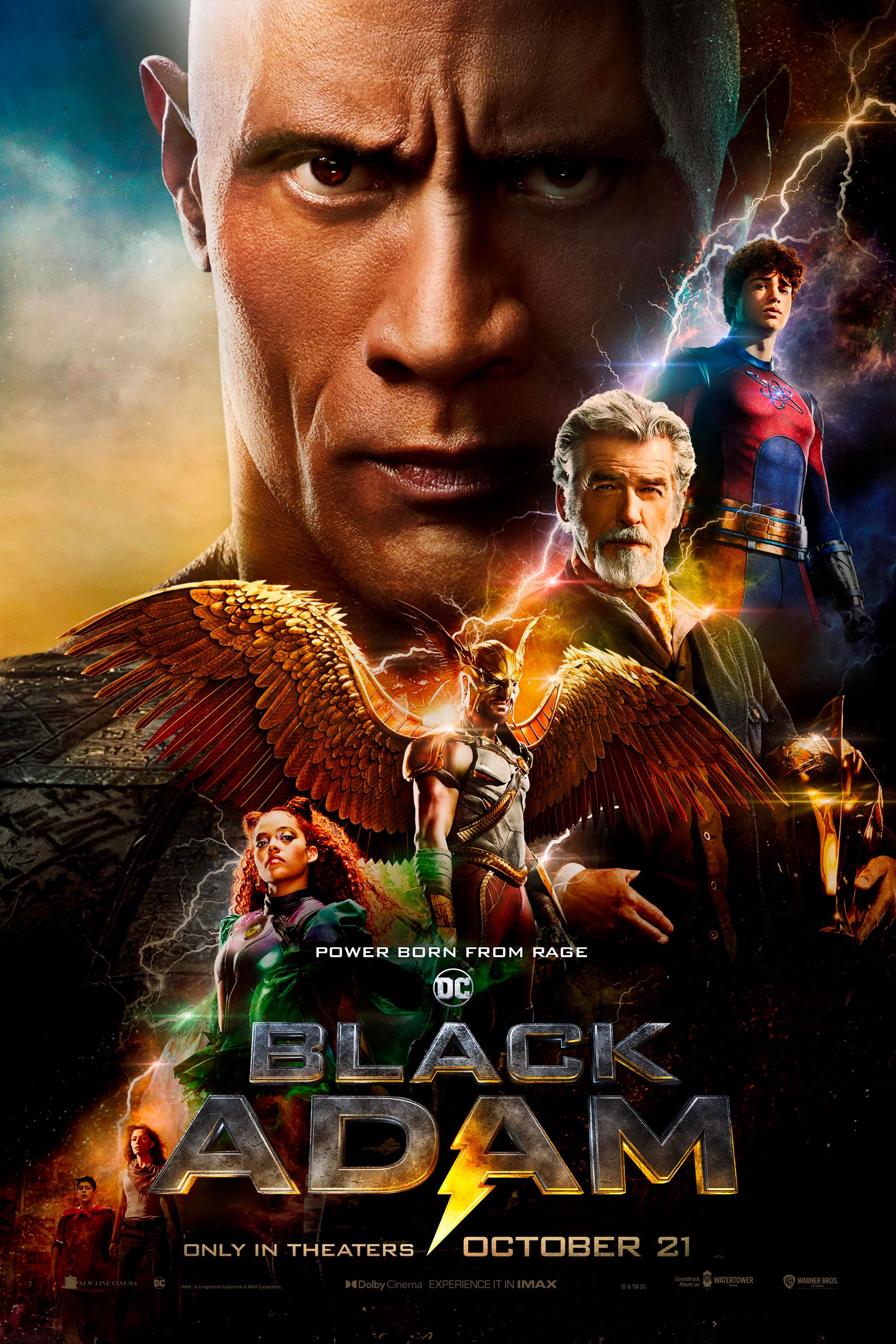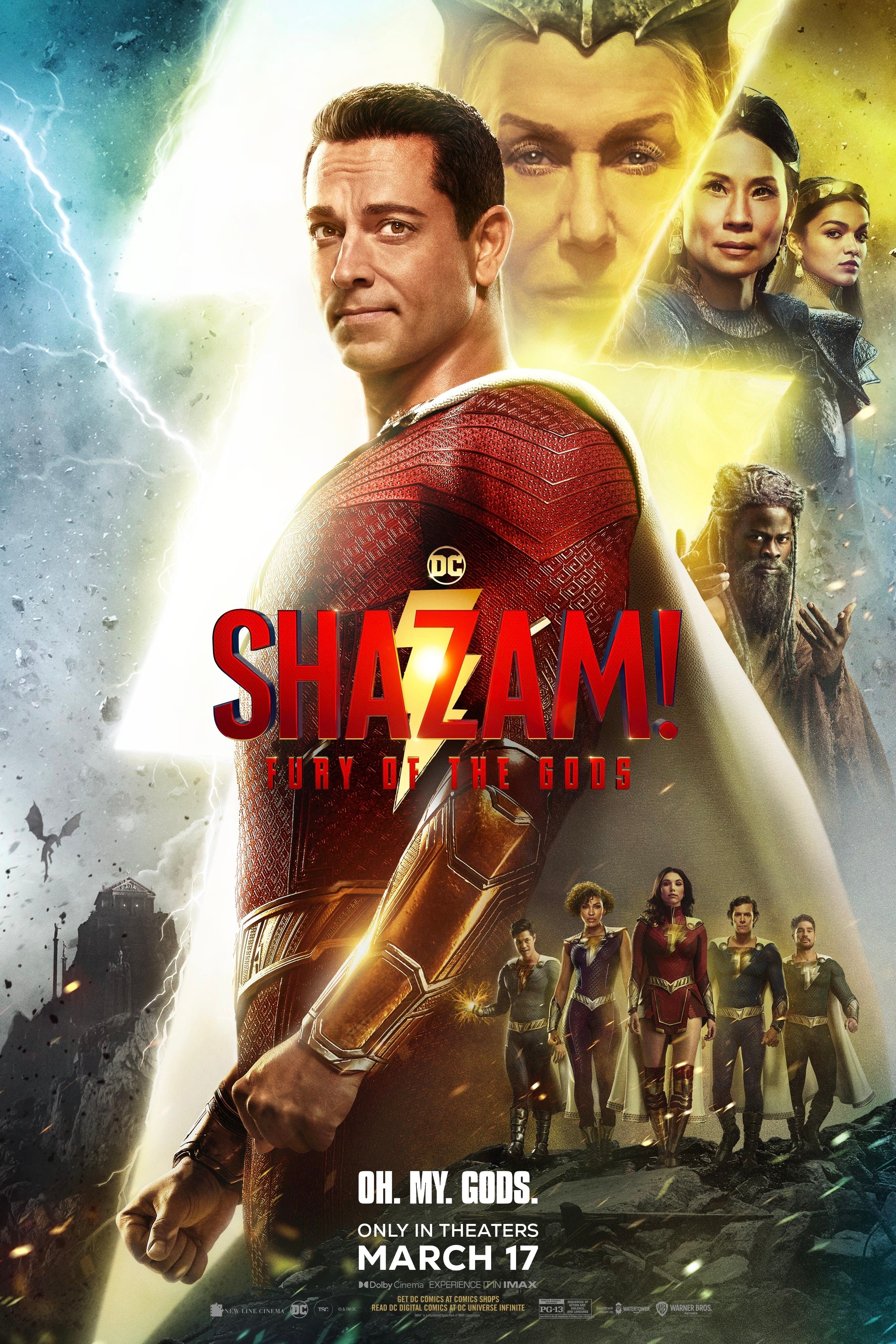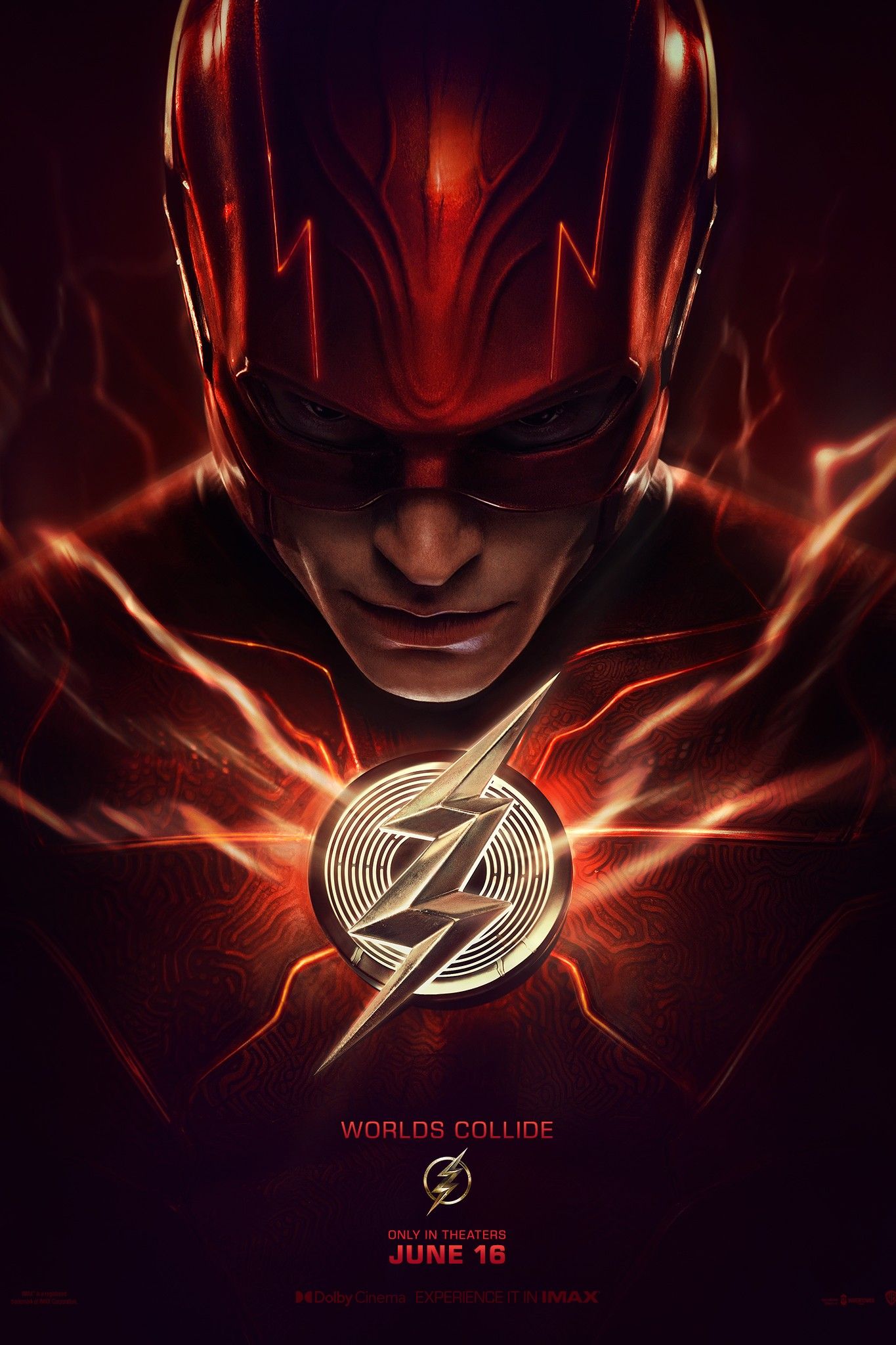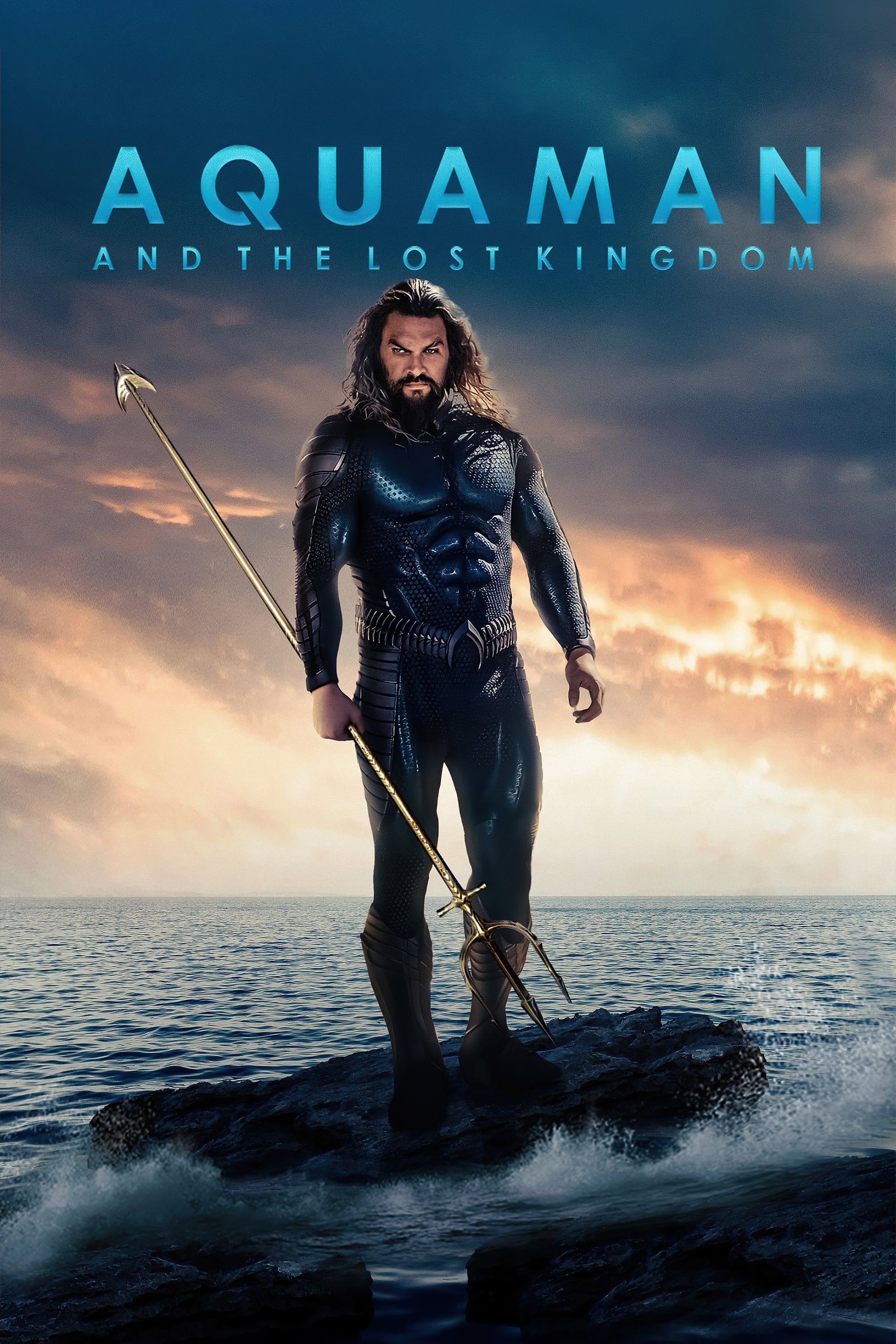Christopher Nolan's Dark Knight trilogy reshaped the idea of superhero movies and paved the way for the superhero boom of the last decade — now, it's time for Matt Reeves' The Batman to take a similar leap forward. Superhero films currently lead the industry and show no sign of stopping anytime soon. The Marvel Cinematic Universe is about to launch its Phase 4 with the upcoming Black Widow spinoff after the successful culmination of the Infinity Saga, while the DCEU rearranges its plans of a shared universe after the difficulties it experienced with films like Suicide Squad and Justice League. The Batman stands out as a crucial part of this overhaul, but it can accomplish much more than being another box office success.
The Batman started as a spinoff centered on Ben Affleck's Batman from Batman v Superman: Dawn of Justice with the actor also attached to write it, direct it, and produce it. The film would follow the storyline of Affleck's Bruce Wayne after Justice League and would have had John Mangianello's Deathstroke as the main villain. However, Affleck handed the directorial duty to Matt Reeves the subsequent year and, following the chaotic production of Justice League, dropped out of the DCEU entirely. Warner Bros. and Reeves took this opportunity to reboot the title and cast Robert Pattinson as the new Bruce Wayne, with a younger and more inexperienced approach to the character.
The role of The Batman in the future of DC movies echoes that of Batman Begins and its sequels, The Dark Knight and The Dark Knight Rises. As the ninth iteration of the World's Greatest Detective, Robert Pattinson's Batman must stand out from previous versions of the character and revolutionize the way DC movies are made the way the Dark Knight trilogy did — which is why the reboot is so important.
Nolan's The Dark Knight Trilogy Transformed Superhero Movies
Batman Begins, the first installment in the Dark Knight trilogy, came at a time when comic book movies were manifest with their purely fantastic elements for better (Sam Raimi's Spider-Man) or for worse (Catwoman). Both the plot and the tone of pre-Nolan superhero films were open in their purpose to depart from reality, keeping the gap wide between them and other more realistic genres like thrillers and dramas. More specifically, the Batman franchise remained in limbo for nearly a decade after Joel Schumacher's Batman & Robin campy fiasco, despite Tim Burton's groundbreaking transformation of Adam West's legacy a few years prior. Urging for a creative reinvention to transform the character into a serious title, Warner Bros. found the ideal creative mind to helm it.
Cue Christopher Nolan's arrival with a short but successful filmography and a grounded concept for Gotham's defender. Batman Begins cast Christian Bale as the titular character and placed him in a credible setting, aiming for plausible stakes and a grittier tone. The movie picked some of the tinges of darkness and realism from contemporary comic book adaptations like X-Men, Hellboy, and Blade and took them a step further, leaving behind all traces of camp that plagued previous versions of Batman. This time, his armor, gadgets, and Batmobile are military-grade, Gotham is indistinguishable from Manhattan, and Scarecrow's (Cillian Murphy) hallucinations are rooted in psychological horror.
The source material wasn't the only aspect of superhero movies to evolve with Nolan's adaptation. The technique behind the camera also took a huge leap from purely action-based extravaganza to a more refined approach. Three years after Batman Begins, The Dark Knight elevated Nolan's vision with its confident style and Heath Ledger's acclaimed Joker performance. The film's striking display of the theme of "chaos vs. order," coupled with its masterful use of energetic pacing, somber cinematography, and Hans Zimmer's imposing score earned it numerous #1 rankings as "the best superhero movie of all time." The trilogy ended with The Dark Knight Rises in 2012, having influenced several movies like Chronicle and 2010's Robin Hood into taking the realistic route.
How The Batman Will Be Different From Other Batman Movies
Evidently, The Batman can't ignore the track record of its precedents, especially after the DCEU's version of the character departed so recently. The concept of having Batman as a member of a superpowered team will need to be left aside for a long while. Instead, The Batman won't be an origin story, but it will feature a younger version of the Dark Knight who's still struggling with his role as Gotham's vigilante. The castings of Jeffrey Wright as a Jim Gordon who may not be a police commissioner yet and Andy Serkis as a young Alfred Pennyworth suggest that the entirety of Batman's mythos will be represented in its younger years. Even in the numerous adaptations of Batman's origin story throughout the years, these characters were portrayed as very experienced veterans.
The multiple villains in The Batman seem to confirm the early state of the film's setting, but they also reveal that the movie will attempt to structure its antagonists in an innovative way. Excluding Batman Forever and Batman & Robin, every other adaptation has had only one main villain. Sure, Michelle Pfeiffer's famous portrayal of Catwoman excelled in Batman Returns and Marion Cotillard's Talia al Ghul was the real villain behind The Dark Knight Rises, but no Batman movie has managed to deviate from the model of a single antagonist without resulting in a directionless mess. The Batman has the opportunity to find an innovative way to balance multiple antagonists and give them the relevance they deserve, thereby solving DC's and Marvel's famous throwaway villain problem.
Matt Reeves describes his Batman as a "humanist," diverging from standard origin stories and exploring the uncharted sides of the character. A new take on the classic method of having Batman meeting the movie's villain and avoiding his traps to ultimately beat him up would be a breath of fresh air, and more grounded details like addressing Bruce Wayne's billionaire status in today's context are essential to the modernization of the character. Besides reconditioning the hero for a more compact narrative, these kinds of changes also mean that the latest version of the Dark Knight has a shot at becoming the ultimate adaptation of Batman.
Why The Batman Will Be Important For DC's Future
Ben Affleck returning to DC is less than likely, and the fate of future Batman movies will depend on Robert Pattinson's iteration. This is why Matt Reeves needs to nail the tone, the characters, and the overall narrative. One of the aspects the DCEU has struggled the most with is its variety of tones. Suicide Squad alone suffered an identity crisis that couldn't let it decide whether it was a grounded action movie, a fantasy-driven superhero flick, or a satire. The Batman not only has to avoid the same trap, but it also has to stand out from the current concept the audience has about the Caped Crusader. So far, it seems the film is going in the right direction, with a realistic tone that also draws from The Long Halloween comic book. Robert Pattinson's costume, Batcycle, and Batmobile already illustrate a unique characterization of Matt Reeves' dark new world, promising a raw approach like no one has ever seen before.
Another feat The Batman will achieve is defining the canon of the DC movies. Although Zack Snyder's original plans for the DCEU won't proceed the way he originally devised it, the shared universe will continue to pursue its corrected course without its Dark Knight. On the other hand, Todd Phillips' successful Joker adaptation won't meet Robert Pattinson's Batman since it exists apart from any other continuity and belongs to the still unexplored DC Black Label movies. For a certain period in its development, The Batman was thought to be a reboot within the DCEU, but at this point the extent of its continuity is uncertain. If the reboot chooses to stand apart from any shared universe, DC runs the risk of having too many disconnected storylines flowing in parallel — but if it doesn't, The Batman will inevitably be connected to whatever happens in future DCEU movies, limiting the creative process the reboot promises.
Moreover, plot points like the death of Bruce Wayne's parents have been shown onscreen so often that it wouldn't make sense to adapt them once again, just as the "Gotham's savior" aspect of the character has been predominantly depicted too many times to count. Riddler actor Paul Dano has teased a powerful script that innovates his character, making it more clear that The Batman is seeking a different type of story that still displays what has made the hero and his mythos the iconic franchise it is today. Matt Reeves has also highlighted his noir influences that diverge greatly from recent DC movies such as Aquaman and Shazam! — notable for their exuberant use of VFX — and guarantees the grounded treatment that the DCEU so far has lacked.
The Batman faces the great responsibility of reinvigorating the franchise while staying true to the character and steering clear of any comparison to previous successes and failures. Matt Reeves definitely aims to transcend Burton and Nolan, and so far it seems that his vision is authentic enough to establish a brand new interpretation of such a popular character that can lay the groundwork for a new generation of DC movies. It might just so happen that the reboot also succeeds in revolutionizing the superhero genre as a whole.

